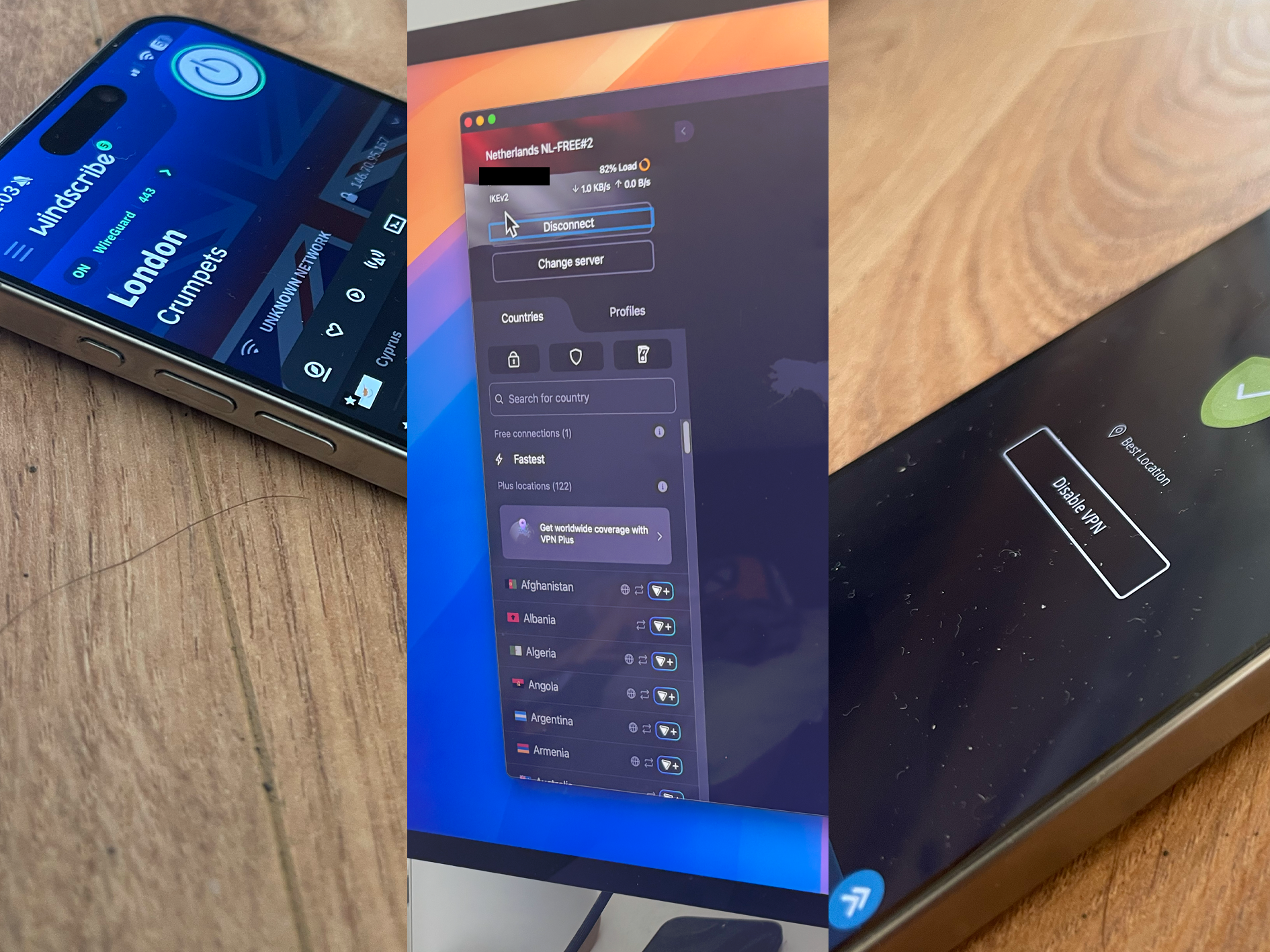I get the appeal of free VPNs. Why pay for something if you don’t have to? But when it comes to virtual private network services, history has taught me that free almost never means free. I’ve seen so-called free VPNs log your activity and inject ads into your browser sessions. Worse, some will sell your browsing data to advertisers, which kind of defeats the whole point of using a VPN in the first place.
That’s why I’ve been very, very picky when it comes to selecting and reviewing the best free VPNs. While you can find hundreds of free VPNs littered throughout the internet, hardly any of them pass muster. In the past, some have been caught hijacking browser traffic and redirecting users to partner websites, while others haven’t published a transparency report or audit in years. A few of the top free VPNs on the charts right now don’t even say who owns them. They don’t have a developer website, never mind a privacy policy.
The best VPNs usually cost money. Not just because servers are expensive to run, but because they don’t rely on ads or trackers to fund their business model. While I always recommend opting for a VPN you pay for (because it should offer better privacy), after testing tens of free services, I’ve found just three that I’ve tried, tested and actually trust. That said, they all come with trade-offs, whether that’s slower speeds, data caps or a lack of features you’d get with a full paid-for subscription.
The best paid-for VPNs in 2025
Before I get into how I picked the best free VPNs, it’s worth flagging the top paid options too. These cost money, but you’re getting faster speeds, more features and better reliability, all for just a few quid a month. If you’re after the best overall VPN experience, these are the ones I’d go for.
.png?quality=75&width=296&auto=webp%20296w)
NordVPN

Surfshark VPN

ExpressVPN

Proton VPN
How I tested the best free VPNs

Before even downloading a single VPN, it was important that I looked closely at each provider’s website, privacy policy, no-logs claims and any independent audits or transparency reports. If a VPN didn’t clearly state what it did (or didn’t) collect, or hadn’t been independently audited, it was immediately a red flag, meaning it was struck off my shortlist. I also checked whether the service had ever been caught injecting ads, tracking users or been involved in any data scandals. Anything shady in its past made for a hard no.
I then tested each free VPN on an iPhone, MacBook, PC and Android phone, focusing on the following:
- Ease of use: Whether the apps were clear and easy to navigate was a consideration.
- Speed: I ran multiple speed tests using Speedtest.net, both with and without a VPN active, to see how much of a hit my connection took.
- Reliability: A stable connection is still a must, even for free VPNs, so I looked for services that automatically reconnect if the connection drops.
- Extra features: I considered whether ad blocking, split tunnelling or kill switches were available, and whether they were restricted behind a paywall.
Why you can trust IndyBest reviews
Alex Lee is The Independent’s senior tech critic and has been reporting on internet security, privacy and digital rights since 2017, investigating everything from surveillance capitalism to online scams, as well as reviewing the best VPNs and more. He’s personally used VPNs for everything from streaming UK shows while travelling abroad to keeping his online activity private, so he understands which features actually matter. His recommendations are based on hands-on testing, detailed research and comparisons of key essentials such as speed, security and pricing. Having also written extensively about cybersecurity, he knows all the complicated tech to look out for beyond superficial user interfaces.




